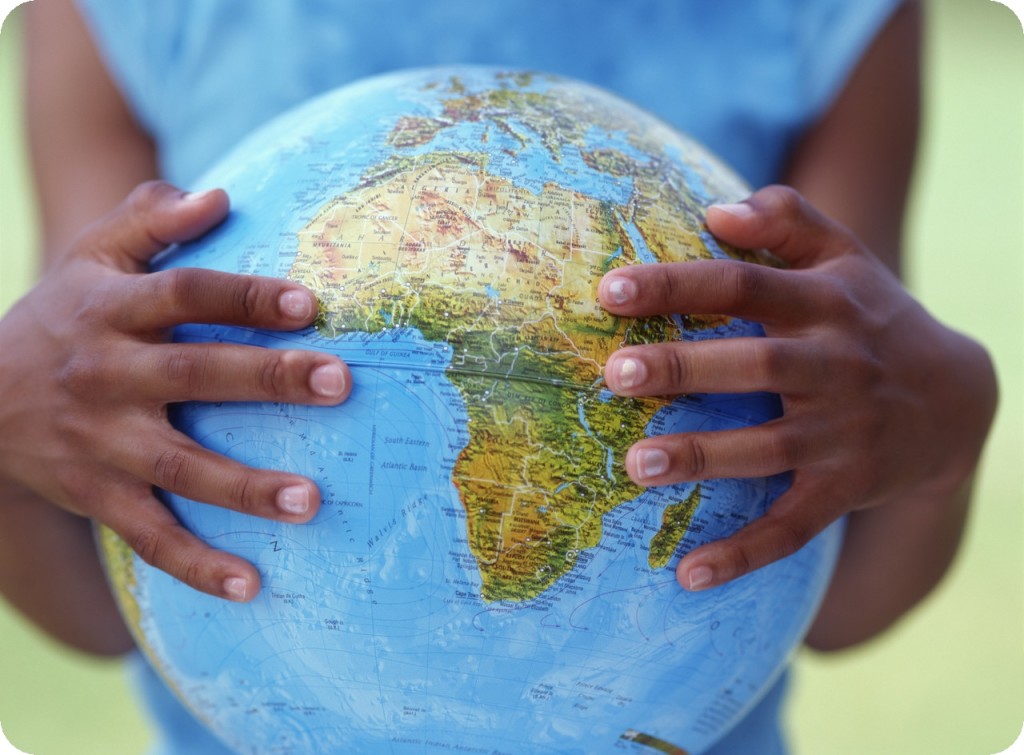According to a recent study by the European Parliament, the market is worth several Euro billions for the EU exports, and is crucial for copper and crude oil supply. The EU should continue to foster economic and political cooperation in various areas, including peace and security, the Report underlines.
The EU should continue to foster a sustainable economic development in East Africa, an increasingly important trade partner for the EU economy, according to a recent regional briefing of the Directorate-General for External Policies of the European Parliament. Its geopolitical value is strategic: natural resources (water, crude oil, gas and minerals) and geographic position (it borders with both the Red Sea and the Indian Ocean) make it a remarkably interesting area, but internal conflicts do not help it in being neither stable nor reliable. “Given the cross-border nature of economic, social and political dynamics in East Africa, advancing regional integration is necessary to promote political stability and socio-economic development,” underlines the briefing, adding: “The EU should also continue to engage with regional organisations to foster economic and political cooperation in various areas, including peace and security, when these can play an important role.”
The East African region comprises 15 countries (Sudan, South Sudan, Ethiopia, Eritrea, Djibouti and Somalia, Uganda, Rwanda, Burundi, Tanzania and Kenya, Seychelles, Comoros, Madagascar and Mauritius), which can be grouped in three different sub-regions: the Horn of Africa, the region between the Great Lakes and the Swahili coast, and the Indian Ocean Islands. Four regional organisations — the Intergovernmental Authority on Development (IGAD), the East African Community (EAC), the Indian Ocean Commission (IOC) and the Common Market for Eastern and Southern Africa (COMESA) — promote economic integration in East Africa and are supported by the European Union (EU).
The briefing of the Directorate-General thus invites the EU to continue to engage with those four organisations because of the great importance of the region for the Union. Not only in terms of human rights and promotion of democracy (which are included in the briefing): we are talking trades amounting to billions of euro. Only in 2012, the EU exported goods and services amounting to €3.7m to the EAC countries (Burundi, Kenya, Rwanda, Tanzania and Uganda). The value of total trade flows in 2012 between the EAC and the EU was €5.9bn. During 2012, exports to the ESA from the EU amounted to €5.1m, and imports to €3.4m: the EU is the main trade partner of the ESA region.
East Africa is hence a resource for Europe: exports to the EU from the ESA region are dominated by sugar, and coffee, and especially by copper and crude oil. The briefing in fact underlines that the conclusion of Economic Partnership Agreements (EPAs) is “a priority for the EU’s trading policy with East Africa,” and the European Parliament has set a new deadline of 1 October 2014 to conclude an EPA between the EU and the EAC or the Eastern and Southern Africa (ESA) region.
At the same time, the European Union should not focus solely on trade or on developing guarantee measures for keeping its trades safe. The international community – “EU included” – has sought to reinforce counterterrorism capabilities, but should also “emphasise the need to respect the rule of law and human rights”. In particular, the briefing underlines the importance of respecting human rights and advancing democracy through free and fair elections as well as condemning the harassment and arbitrary arrests of opposition members, activists and journalists, and the prosecution of sexual minorities.
Renato Giannetti





![Un motoscafo in Svezia. Nell'Ue si pone un problema di mancato riconoscimento delle patenti nautiche [foto:
Matti Blume, Wikipedia Commons. Copyright: Creative Commons Attribution-Share Alike]](https://www.eunews.it/wp-content/uploads/2024/11/motoscafo-Saltsjoen_Stockholm_P1090679-120x86.jpg)
